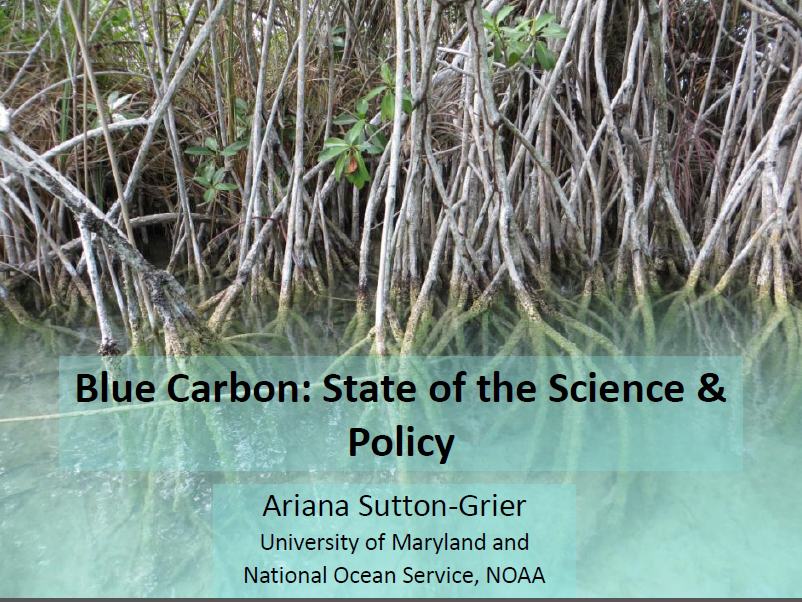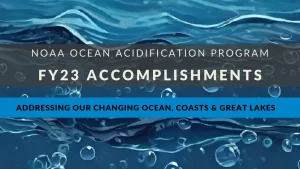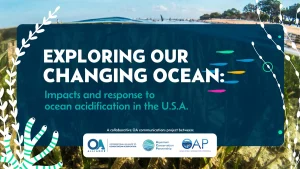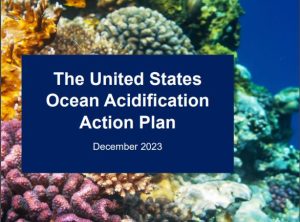SOARCE Webinar
There is growing interest nationally and internationally in leveraging the carbon benefits (termed “blue carbon”) of coastal habitats in climate and coastal resilience policies. Coastal wetlands (specifically mangroves, salt marshes, and seagrass meadows) have unique characteristics that make them incredibly efficient, natural carbon sinks with most carbon stored below ground in soils. Protecting and restoring these ecosystems around the globe will help maintain all the societal benefits these ecosystems provide including the natural climate mitigation benefits, but also the food security, water quality, and storm protection benefits that enhance coastal communities and economies.This presentation will discuss the state of the science and policy of blue carbon including: (1) incorporation of coastal wetland carbon in U.S. national climate, resilience, and conservation efforts; (2) potential steps to incorporate coastal wetlands in national greenhouse gas inventories as suggested by the 2013 International Panel on Climate Change (IPCC) Wetlands Supplement; and opportunities to include coastal wetlands in voluntary carbon markets. The presentation will conclude by highlighting some of the most pressing blue carbon scientific gaps that need to be filled in order to support these developing policies.
About the Speaker:


Dr. Ariana Sutton-Grier is an ecosystem ecologist with expertise in wetland ecology and restoration, biodiversity, biogeochemistry, climate change, and ecosystem services. Dr. Sutton-Grier is a research faculty member at the University of Maryland in the Earth System Science Interdisciplinary Center and is also the Ecosystem Science Adviser for the National Ocean Service at NOAA. She holds Bachelors degrees from Oregon State University in Environmental Science and International Studies and a doctoral degree from Duke University in Ecology. She leads the NOAA Coastal Blue Carbon Team as well as an interagency blue carbon group and is very involved with NOAA’s efforts to support natural and nature-based coastal resilience strategies. She gets especially excited about seeking and discovering innovative opportunities to combine science and policy to solve environmental problems and promote ecosystem conservation. Her research has been published in many environmental and policy journals and featured in several news stories, as well as a children’s science TV show.






